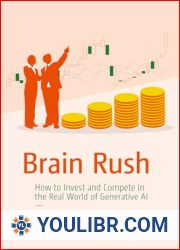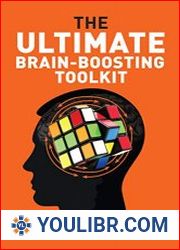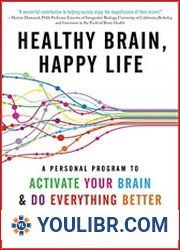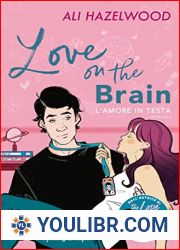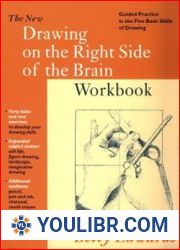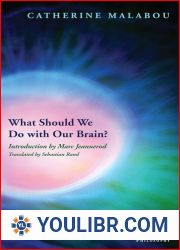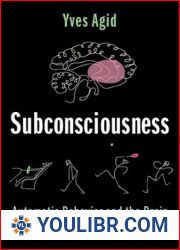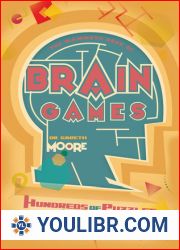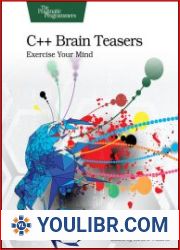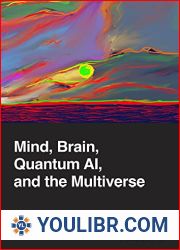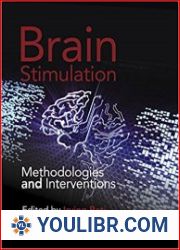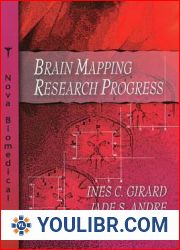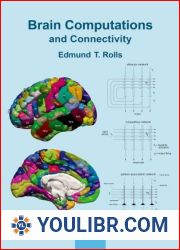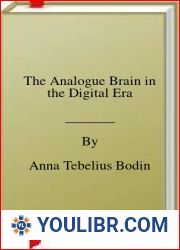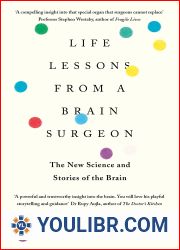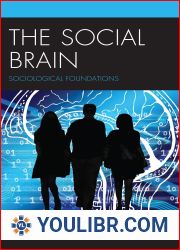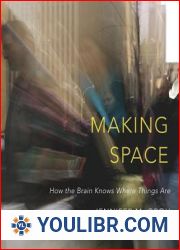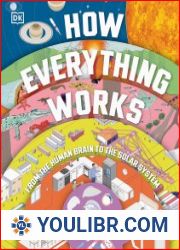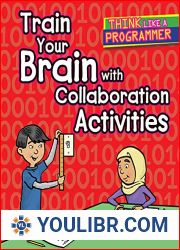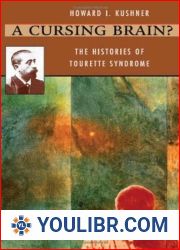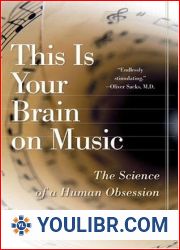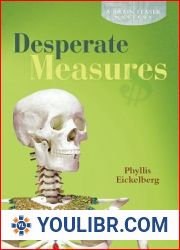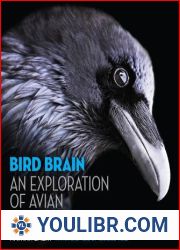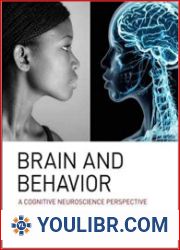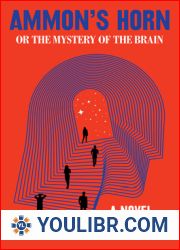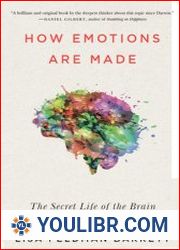
BOOKS - Brain Rush: How to Invest and Compete in the Real World of Generative AI

Brain Rush: How to Invest and Compete in the Real World of Generative AI
Author: Peter S. Cohan
Year: July 19, 2024
Format: PDF
File size: PDF 2.5 MB
Language: English
Year: July 19, 2024
Format: PDF
File size: PDF 2.5 MB
Language: English
After decades of false starts, Artificial Intelligence (AI) is entering the mainstream of society. That is largely due to the rapid adoption of ChatGPT, a service that responds to almost any natural language question with cogent paragraphs. ChatGPT is the leading example of generative AI - technology that creates original text, images, video and computer code based on uncovering patterns in training data. The book will explain how generative AI works and how much economic value it could create and will map out the industry value network. For each value network stage, the book will define the industry, estimate its size, growth rate, and profit potential, identify the most successful participants, and explain how they have achieved their success and where they will compete in the future. The book will conclude with a section on what investors and business leaders should do to make an informed decision on where to place their bets. Generative AI answers natural language questions with clearly written paragraphs, images, videos, or computer code. Through applications such as ChatGPT for text and DALL-E and Midjourney for images, Generative AI identifies "patterns in large quantities of training data, and then creates original material that has similar characteristics," according to the New York Times. How do chatbots - generative AI applications for text - discover these patterns? Chatbots are large language models - computer systems that have processed large volumes of text - called training data. Through training, LLMs can predict the words most likely to follow any prompt the user supplies. LLMs are a type of neural network that seeks to replicate the way the human brain processes information.







